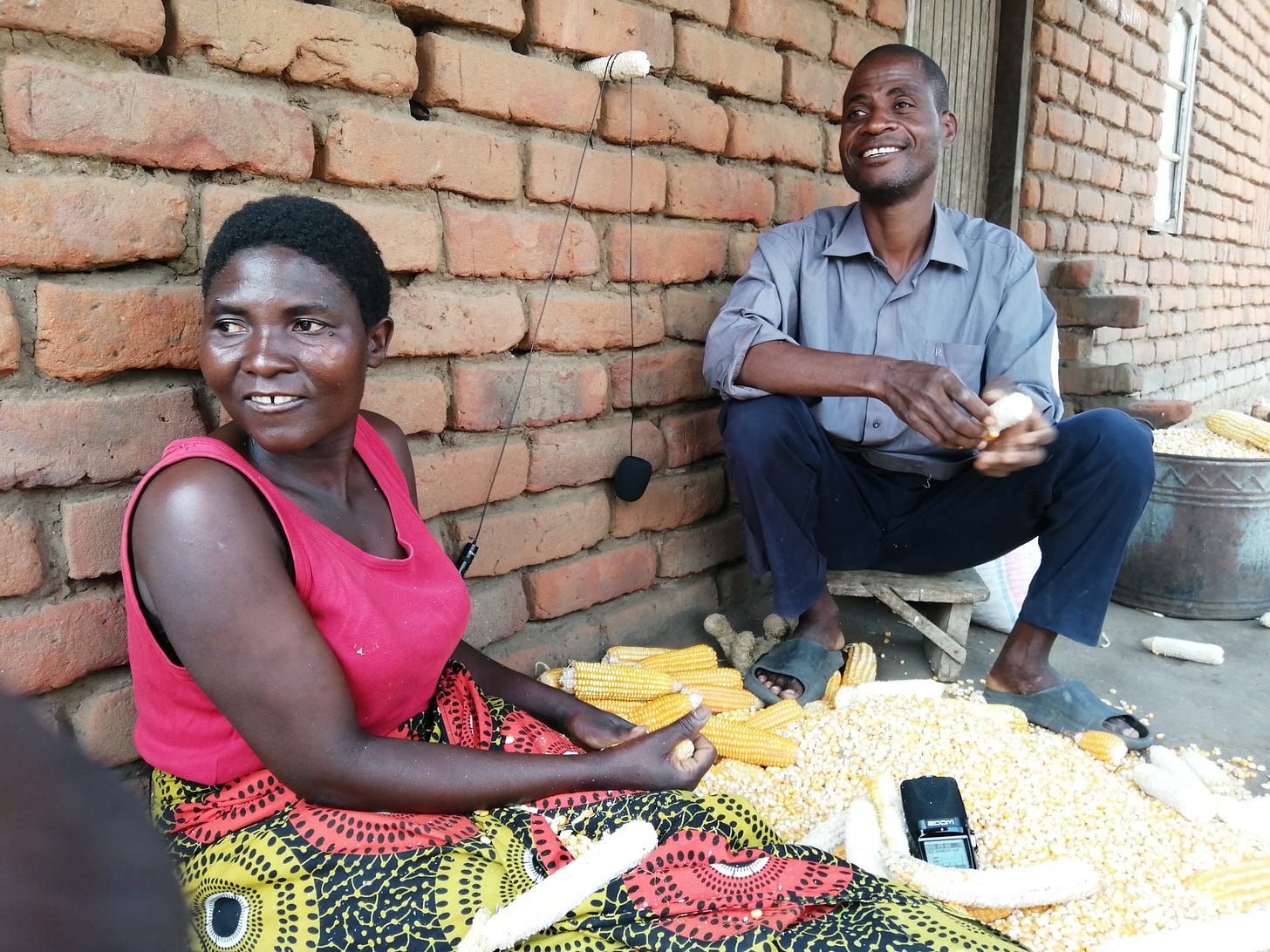EL NINO FORECAST - Expert policy brief hint on early response measures
Current El Nino forecast suggest a substantial deviation from a normal cropping season, foreseeing varied and significant impacts across the country hence the need for early response measures

LILONGWE, Malawi (Planet Defence) – A recently released November 2023 policy brief has highlighted the El Niño forecasts for Malawi, projecting moderate to strong El Niño conditions in the 2023/2024 rainfall season.
This phenomenon, attributed to unusual warming of waters in the Eastern-Central Equatorial Pacific Ocean, typically results in drier conditions across Southern Africa, particularly southern Malawi.
The comprehensive brief has been collaboratively developed by various entities including the National Planning Commission, Ministry of Agriculture, Ministry of Health, Department of Climate Change and Meteorological Services (DCCMS), Malawi-Liverpool Welcome Trust, International Food Policy Research Institute (IFPRI), Lilongwe University of Agriculture, University of Malawi, and the MwAPATA Institute.
Highlighting Malawi's historical vulnerability to adverse climatic conditions causing droughts or floods, the brief notes an exacerbation of these abnormal conditions due to climate change, observed with higher intensity in recent times.
"Similar historical seasons with prevailing El Niño conditions include 1982/1983, 1997/1998, 2009/2010, and 2015/2016," reads a section of the brief.
The advisory recommends proactive measures such as social protection programs, emphasizing targeted food support in the central and southern regions expected to be affected by the El Niño conditions.
In response to the forecasts, farmers are encouraged to consider early planting in the southern and central regions. Additionally, the use of early maturing cereal varieties is recommended for the upcoming season.
In a related development, a delegation from the Africa Risk Capacity (ARC), an arm of the African Union dedicated to Sovereign Disaster Risk Solutions, engaged with various climate stakeholders in Malawi in mid-2021. The delegation shared insights into the institution's diverse range of products, offering weather insurance solutions to bolster climate resilience.
Ibrahima Cheikh Diong, the newly appointed Director General of ARC, emphasized aligning their products with national policies and strategies such as the Malawi National Disaster Risk Financing Strategy, catering to local context requirements.
"As ARC, we prioritize understanding Malawi's disaster risk policy framework, resource mobilization, and awareness, among other aspects," he stated. "We also focus on addressing issues concerning women and youth, acknowledging their heightened vulnerability during climate disasters."
*Below is the expert policy brief attached



